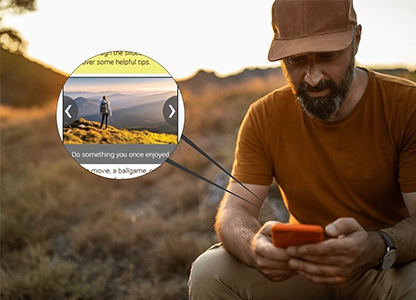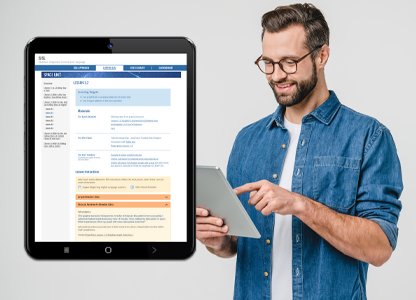Home » News & Resources » SEO Tips » 7 Tips to a Better SEO Ranking in 2022

7 Tips to a Better SEO Ranking in 2022
There is so much to learn, adapt to and implement when it comes to SEO ranking. It's all about trying to get your website reach higher up in search results; and there are so many different ways to make that happen.

7 Tips to a Better SEO Ranking in 2022
There is so much to learn, adapt to and implement when it comes to SEO ranking. It's all about trying to get your website reach higher up in search results; and there are so many different ways to make that happen.
7 Tips to a Better SEO Ranking in 2022
Published: 05/01/2022

There is so much to learn, adapt to and implement when it comes to SEO ranking. It's all about trying to get your website reach higher up in search results; and there are so many different ways to make that happen. Although it takes time to see the results, the rewards of having more people reach your site is worth the effort.
From beefing up the keywords, description, to improving the title for SEO purposes, there are several trends in 2022, 7 of them are listed below.
Set a Strong Start with the SEO Title
The SEO title should not be too long; or it can be rewritten. According to Zyppy.com, Google rewrote 61.6% of the titles. "For this research, we examined a total of 80,959 title tags across 2370 sites from across the globe and compared them against desktop Google results." That's a lot of rewriting!
It is recommended for the title to not be too short, or long. Also, it should not contain a dash, or pipeline; and repeating keywords in the title is not recommended. Luckily, tools such as Yoast helps catch any issues with title length.
Good ol' Site Performance
This one will never go out of style. Site performance is crucial when it comes to SEO ranking. If your website is slow, users will look elsewhere for the information they are looking for, even if you rank high in the search results.
A few things to consider for site performance: optimizing images, minifying JavaScript and cascading stylesheets and testing periodically with speed optimization tools.
Get to the Point
When it comes to the content, descriptions and keywords, it should be straight and to the point. Keep it as close to the subject as possible. This was demonstrated in a study made by Glenn Gabe for G-Squared Interactive, where users get frustrated with lengthy product descriptions, and content; and want to find the information they are looking for easily. Keeping this in mind when developing content and improving SEO can help a lot in the long run.
Link it Up
Internal link optimization and deep linking can help improve your site significantly. With link optimization, make sure your website is "connected" with internal links. This gives the website a more unified, cohesive feel.
With deep linking, it's about linking to specific content on a page and not only to a generic page, such as About or Home pages. This helps sites rank higher in search results, and improves user experience.
When in Doubt, Tab it Out
Tabbed content can help search engines such as Google to easily extract and index tabbed content. This includes information hidden in accordions, and even navigation. This allows for a cleaner layout, which improves user experience.
Be More "social"
Aside from having your brand some social media presence, Google takes it a step further with Google Discover. This allows to show users content related on their interests and preferences. This content needs to meet Discover's content policies. This is still in beta testing.
Be Flexible
When it comes to SEO, it's about trial and error. It takes patience, and consistency with doing research and analysis with tools such as Semrush, and adjusting your SEO strategy. This depends on trending keywords, and many other factors that will help improve your site's SEO.
Categories
Digital LearningExperience Design
SEO Tips
User Experience
Website Development
Transit Display
AV Integration


